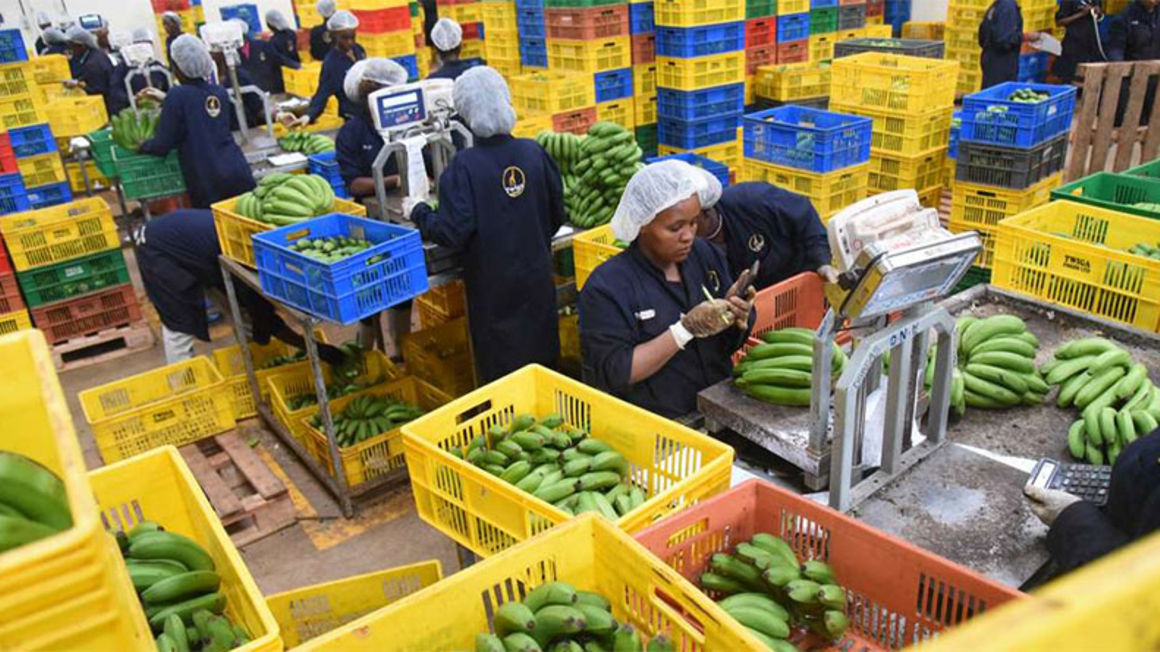Kenya’s e-commerce startup Twiga Foods on Saturday, August 19, announced plans for a fresh lay off as part of its strategic operation adjustment.
In a statement, Twiga- which connects farmers to retailers noted that the adjustment stemmed from changes in the business environment adding that people’s purchasing power has dropped.
The lay off plan, according to the company, is part of interventions to make it cost-efficient and agile in the wake of harsh economic times.
Also Read:List of 10 Emerging Technologies in 2023 – World Economic Forum Report
“Regrettably, this exercise has seen the company declare some roles redundant across the organization in full compliance with applicable labour laws,” the statement read in part.
“The review has further necessitated the resizing of its operating model across its regions.”
The layoff, according to Twiga’s CEO Peter Njonjo, will affect an estimated 283 people which translates to one-third of its employees.
However, Twiga affirmed its commitment to transforming food security in Africa and revolutionizing the e-commerce industry.
The announcement came months after the company laid off 211 people in 2022 in another cost-cutting move.
Consequently, Twiga ditched its in-house sales team and instead opted for independent sales agents.
Twiga Journey of Mixed Fortunes
Founded in 2014, Twiga’s has been a journey of mixed fortunes having attracted investors in its initial stages before entering an era of slowed business.
Since its onset days, the startup ranks high among the most funded businesses in the African startup ecosystem from investors including the International Finance Corporation (IFC).
Also Read: AfDB Moves to Align Climate Financing with Paris Agreement Goals
At its Series C stage closed in 2021, for example, Twiga raised $50 million in a round led by French investment company, Creadev.
The company now joins a list of other tech startups that have let-go fractions of their staff due to financial constraints.
Other companies that have announced reorganization of their models include Sendy, a logistics startup, and Marketforce, a B2B e-commerce platform.

